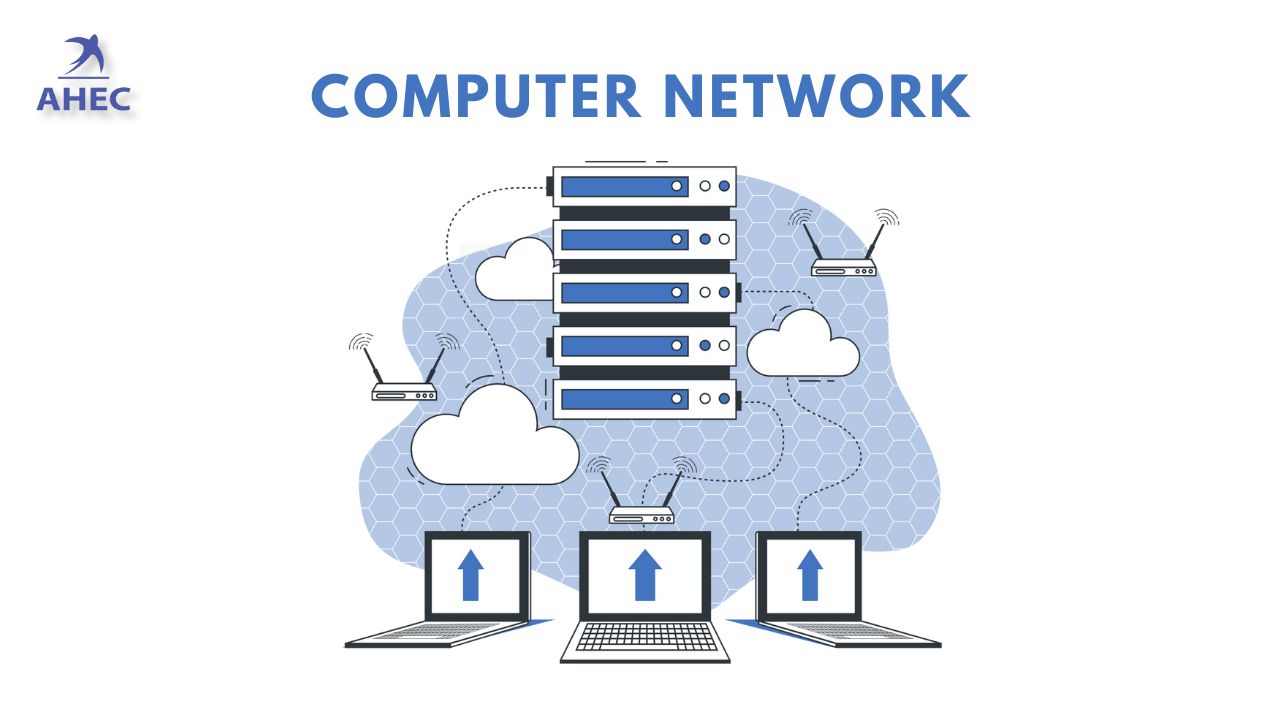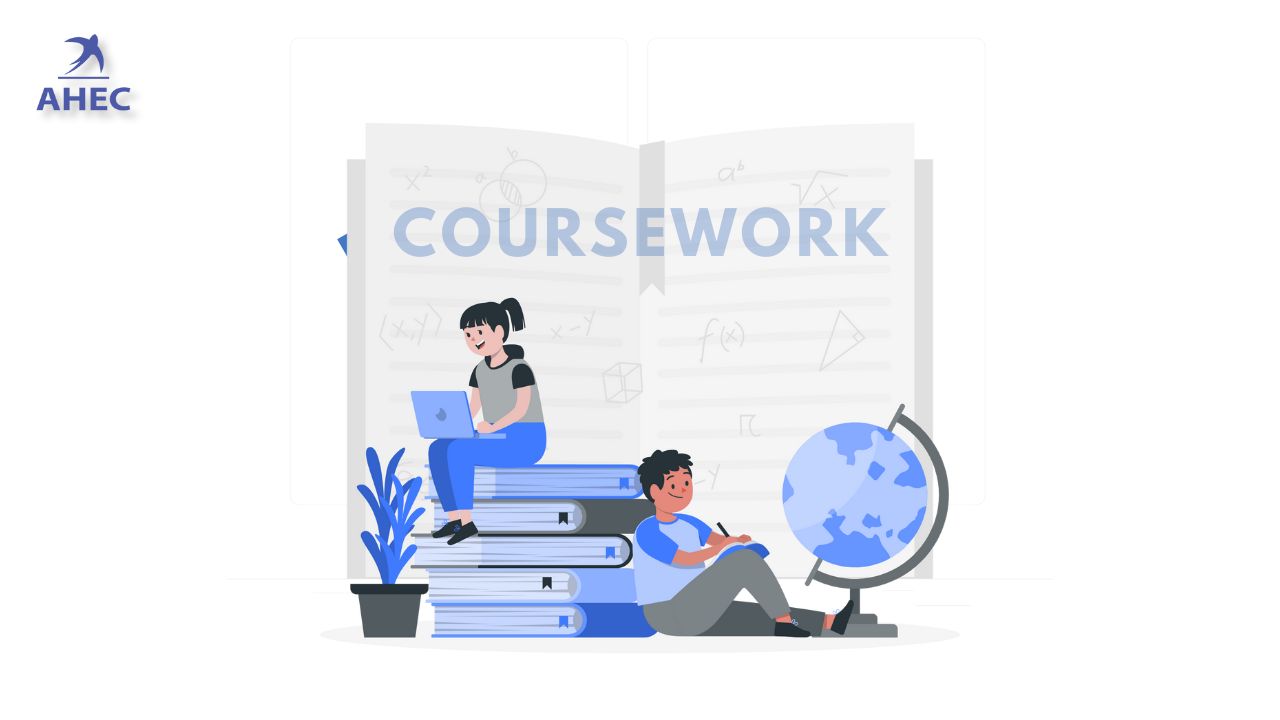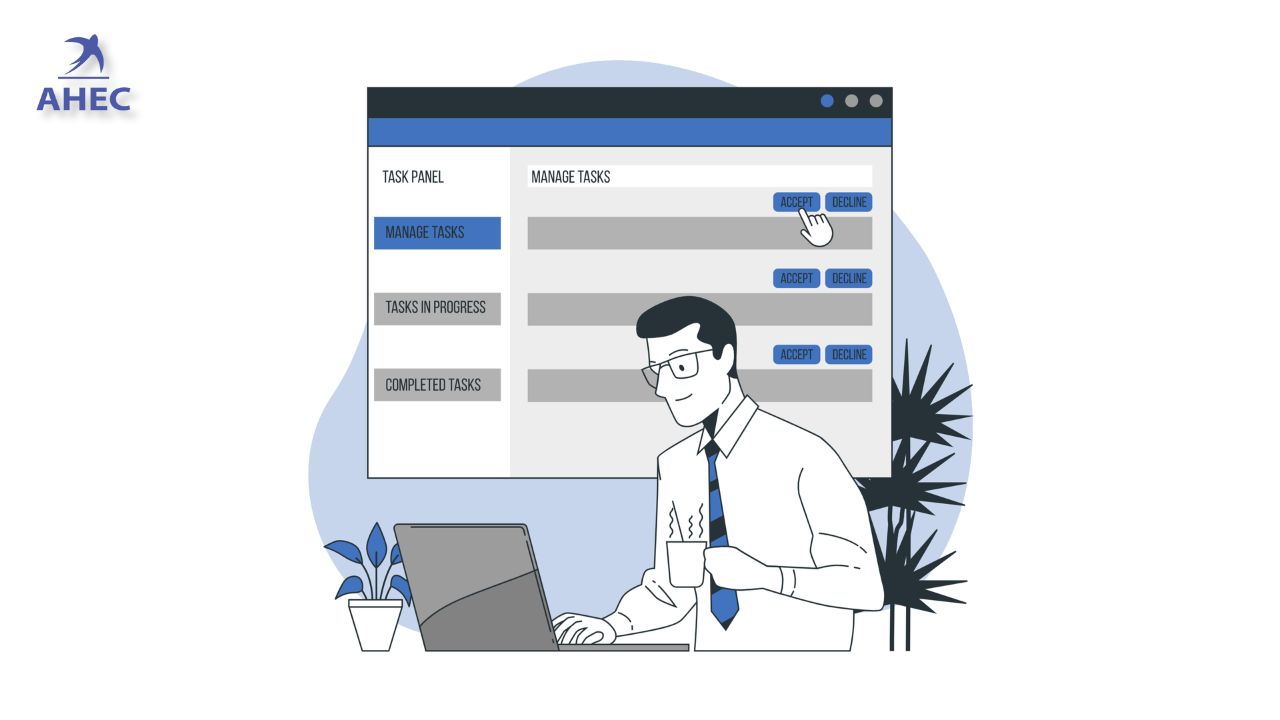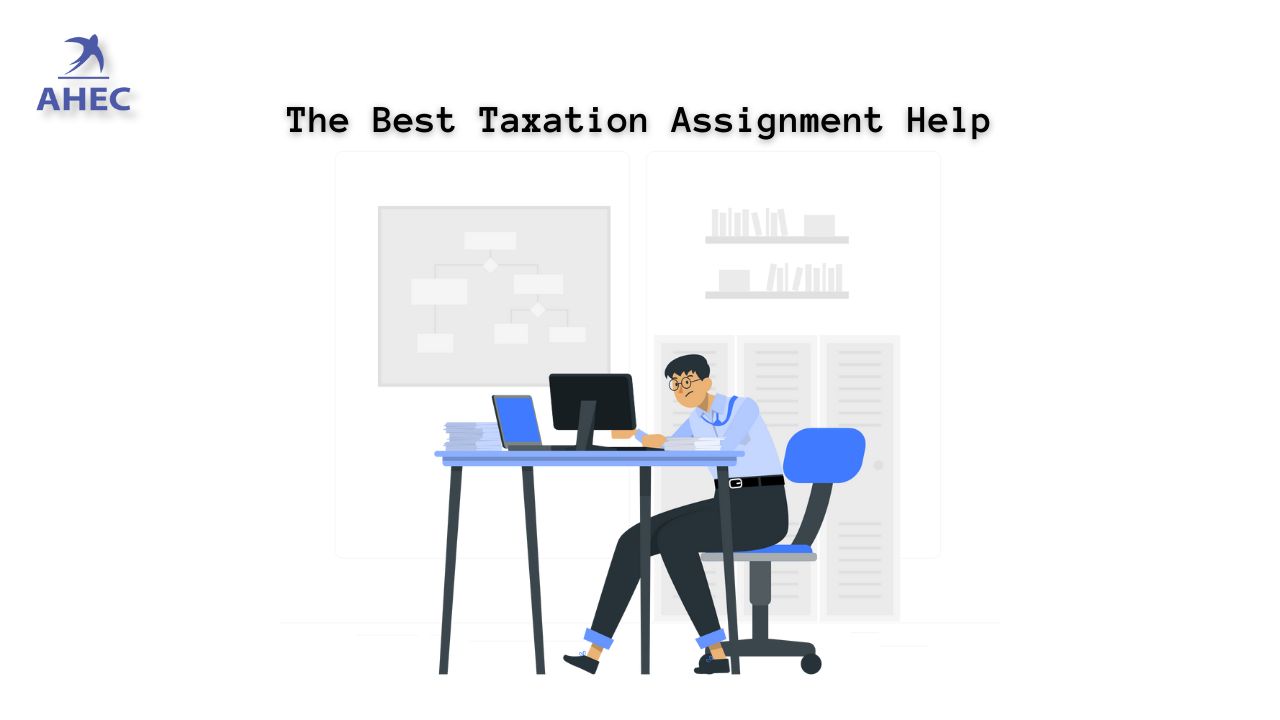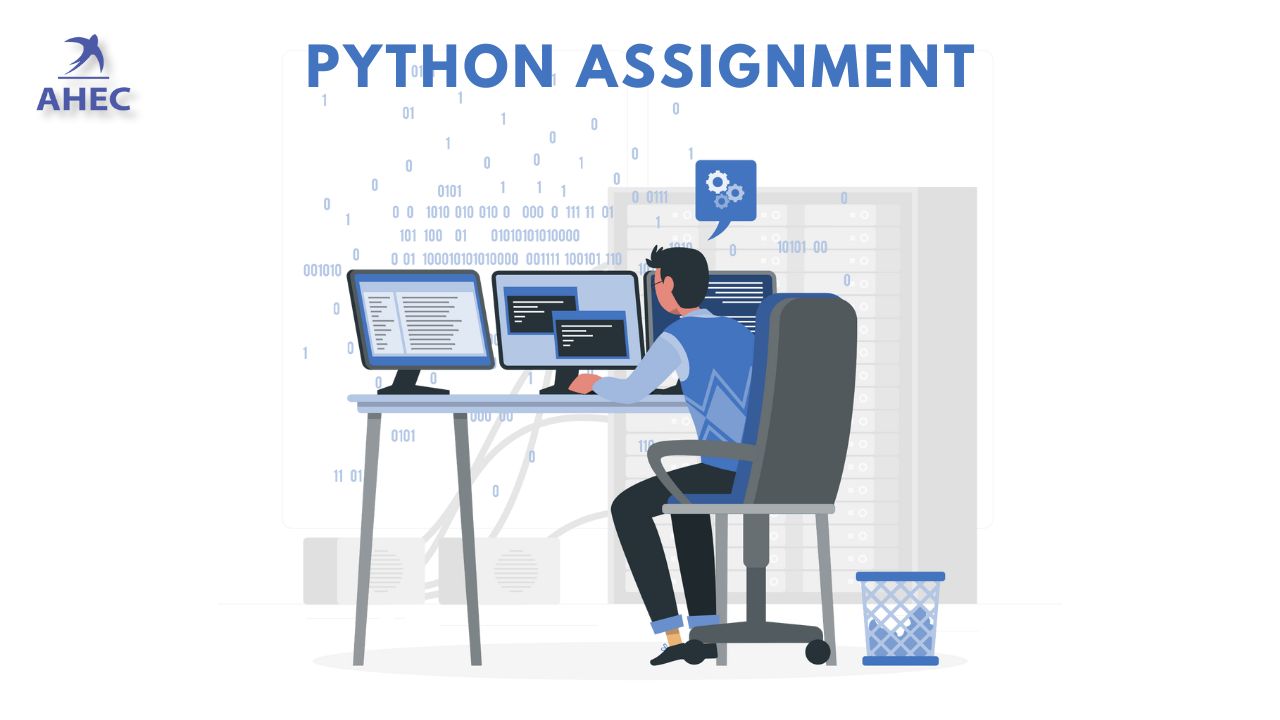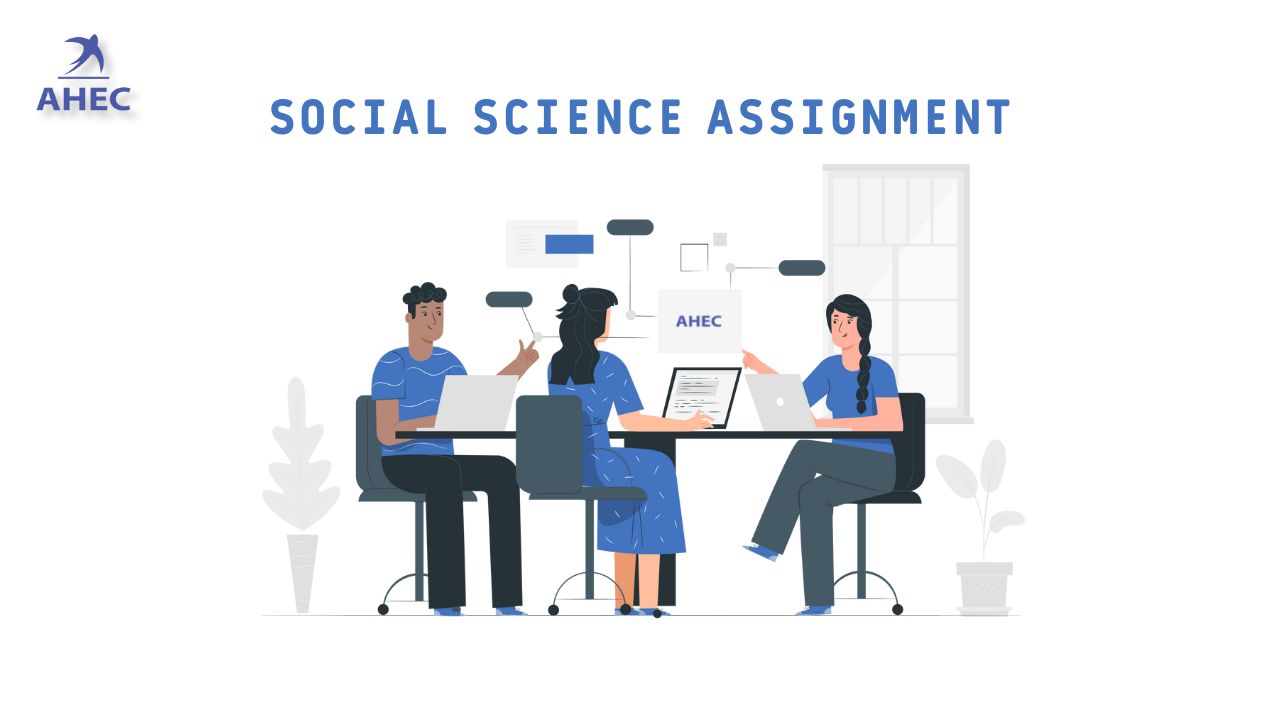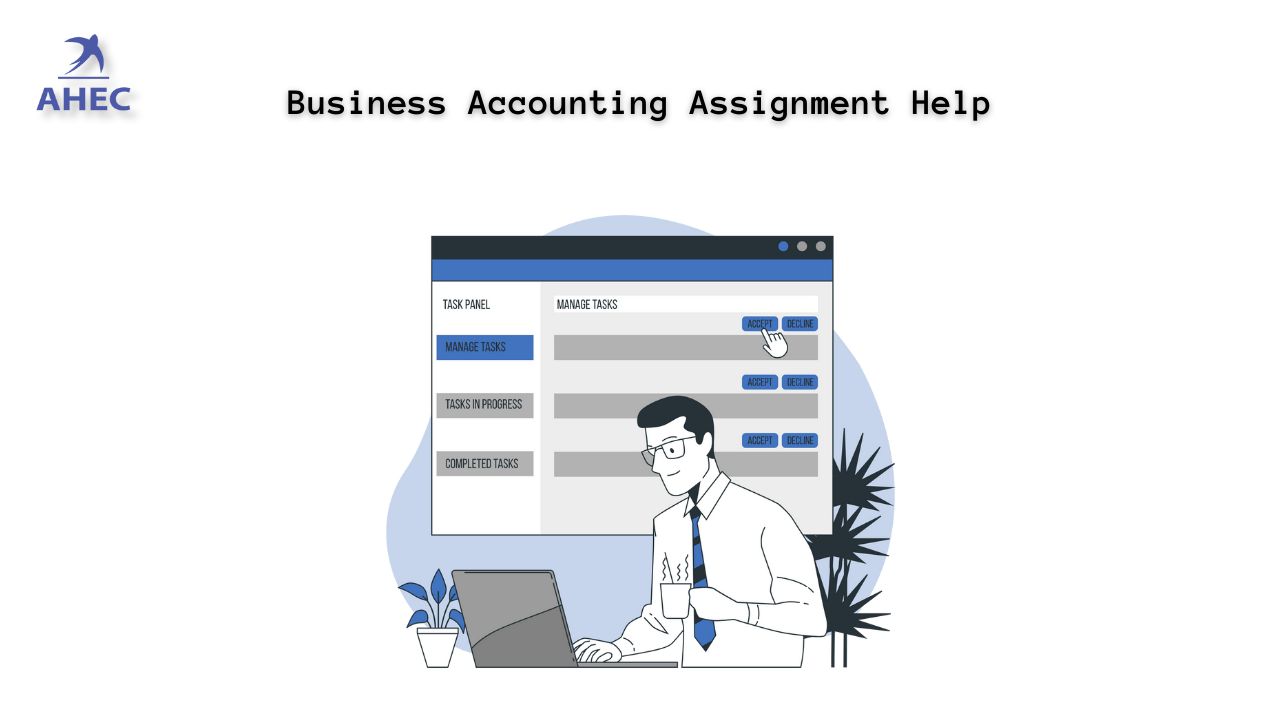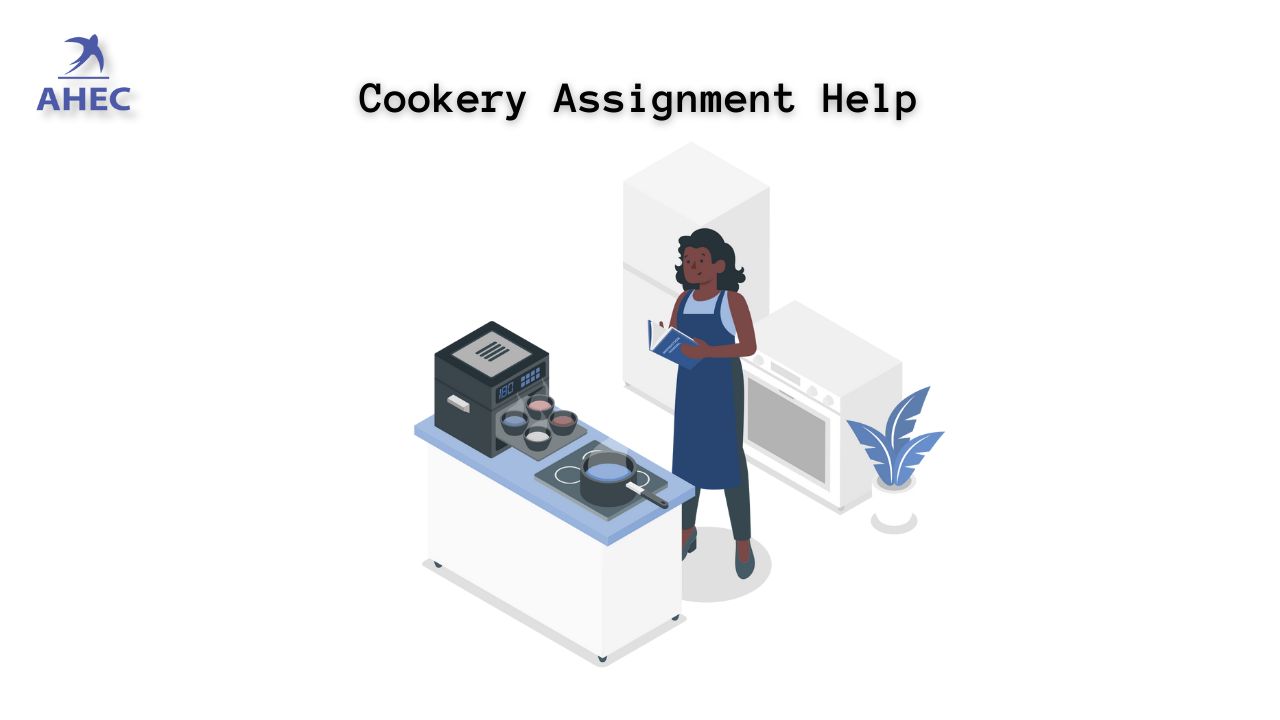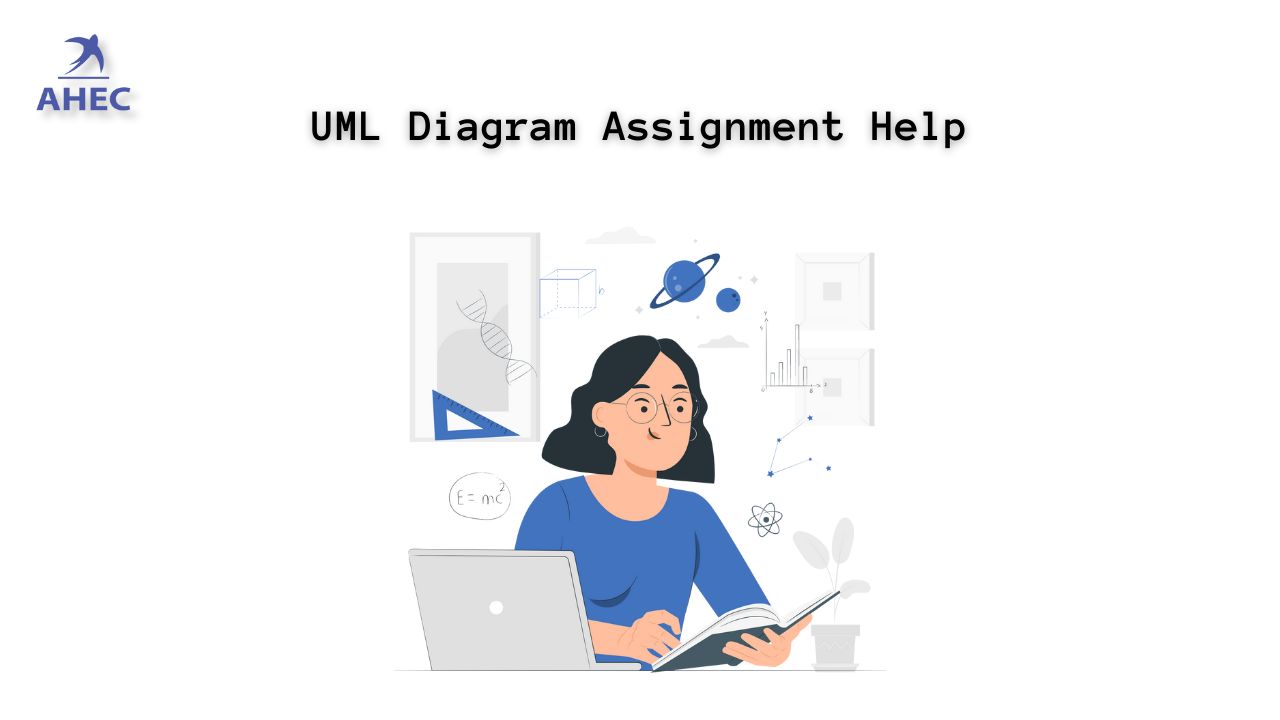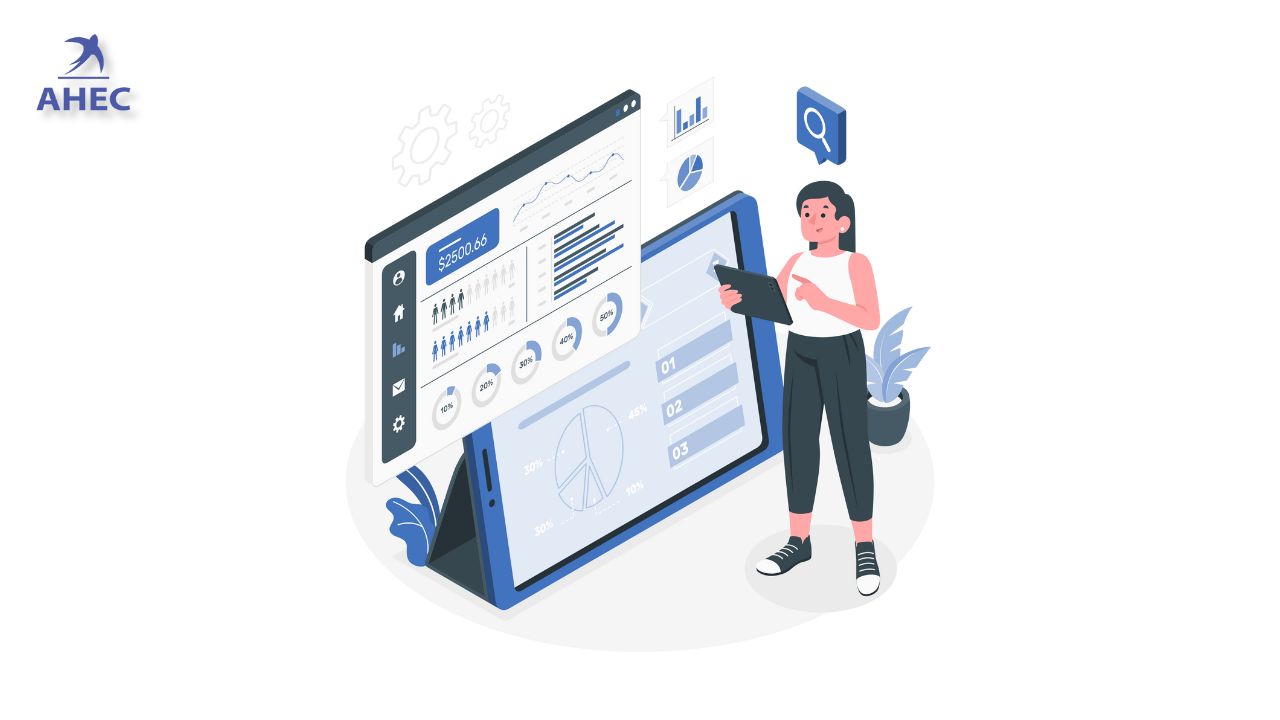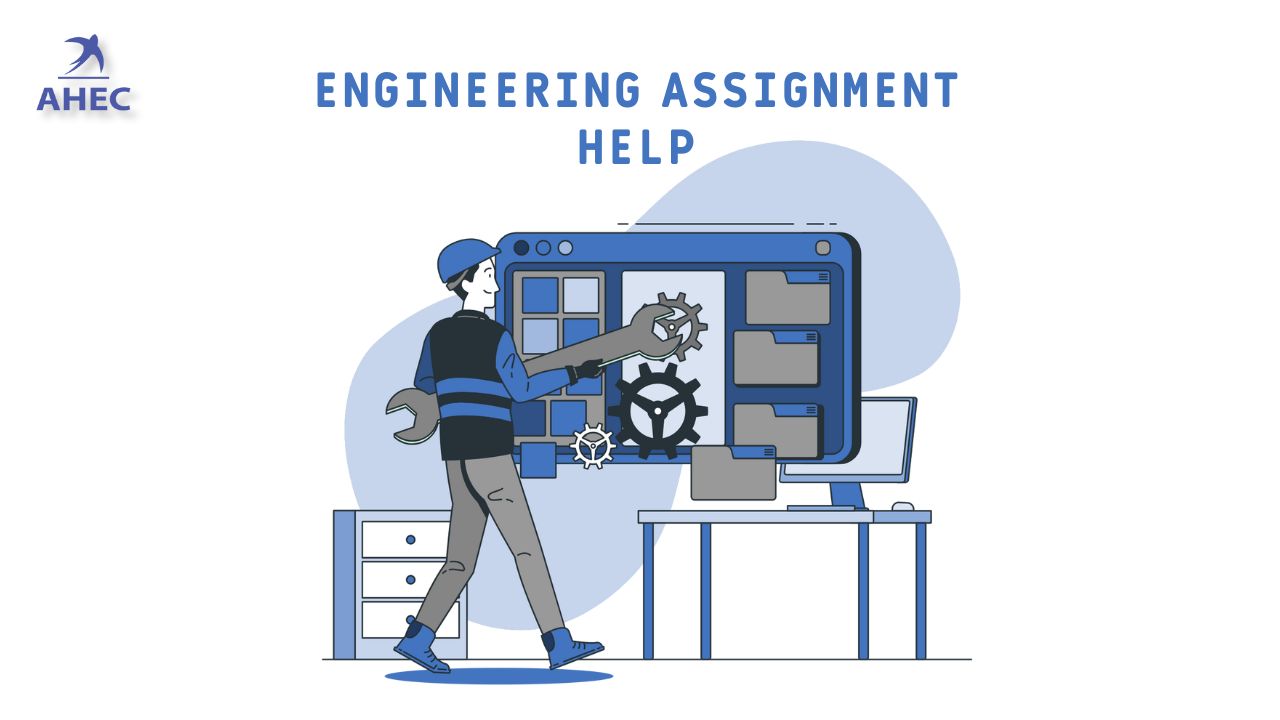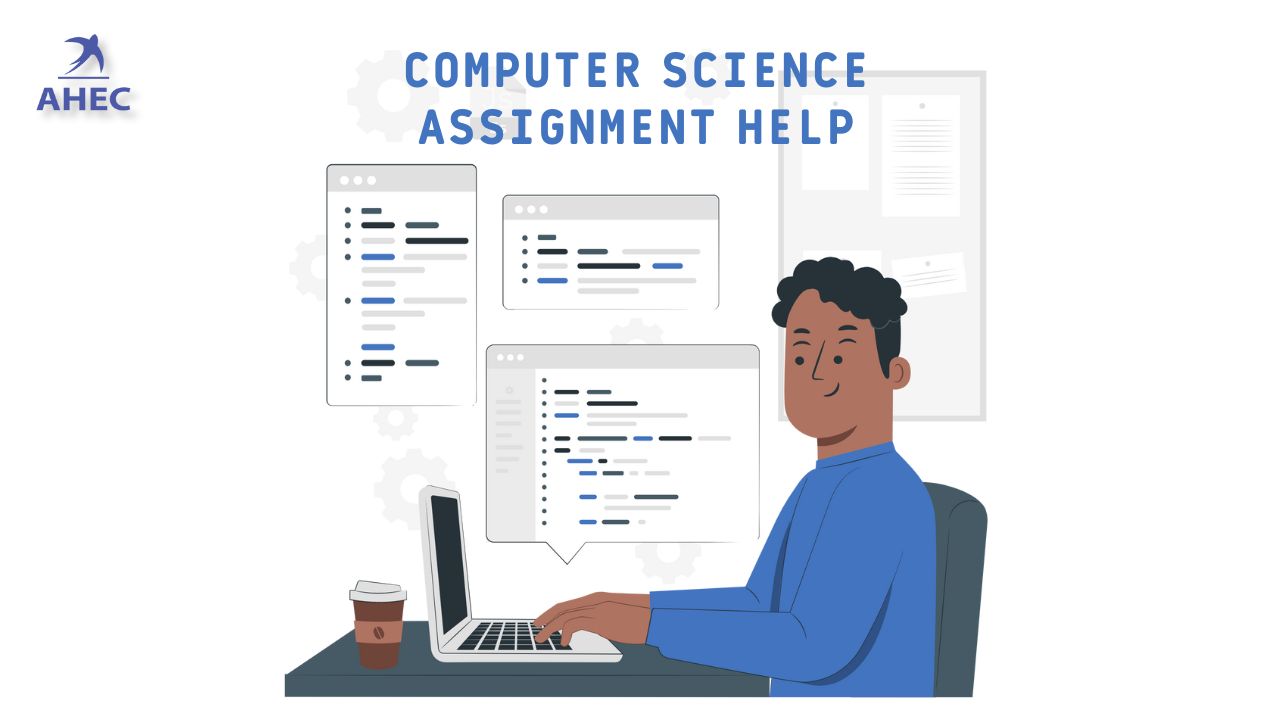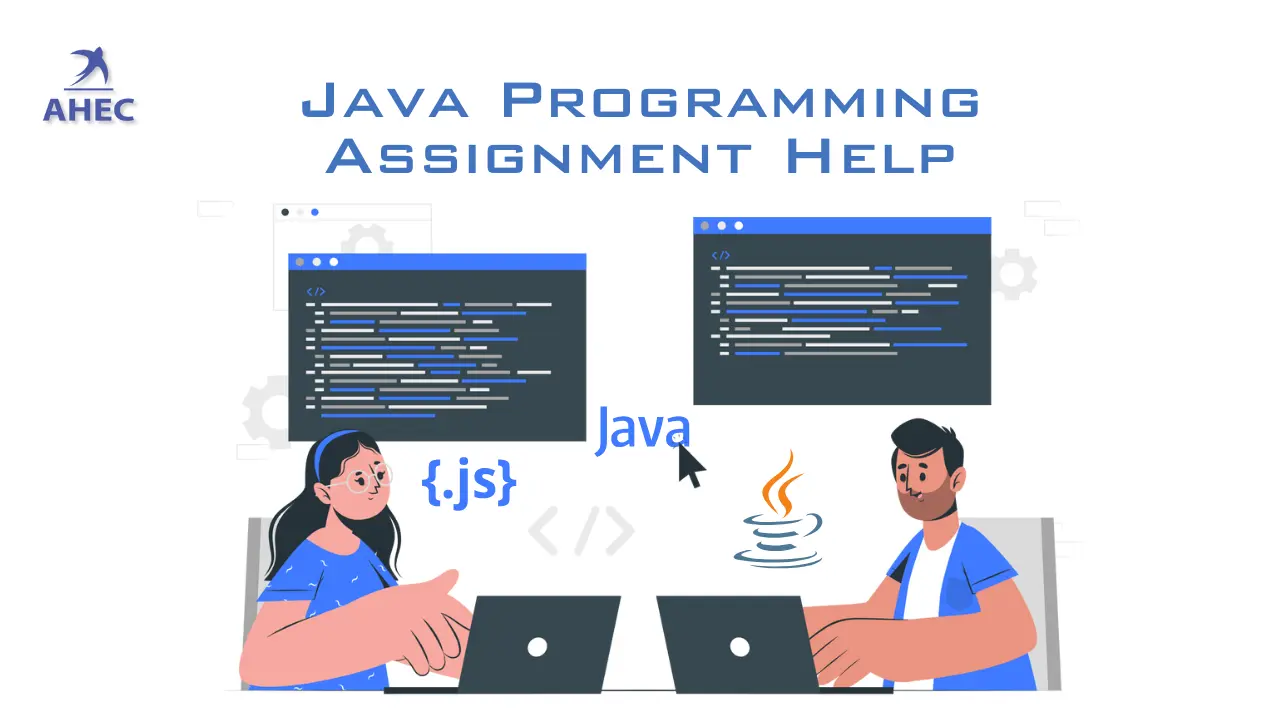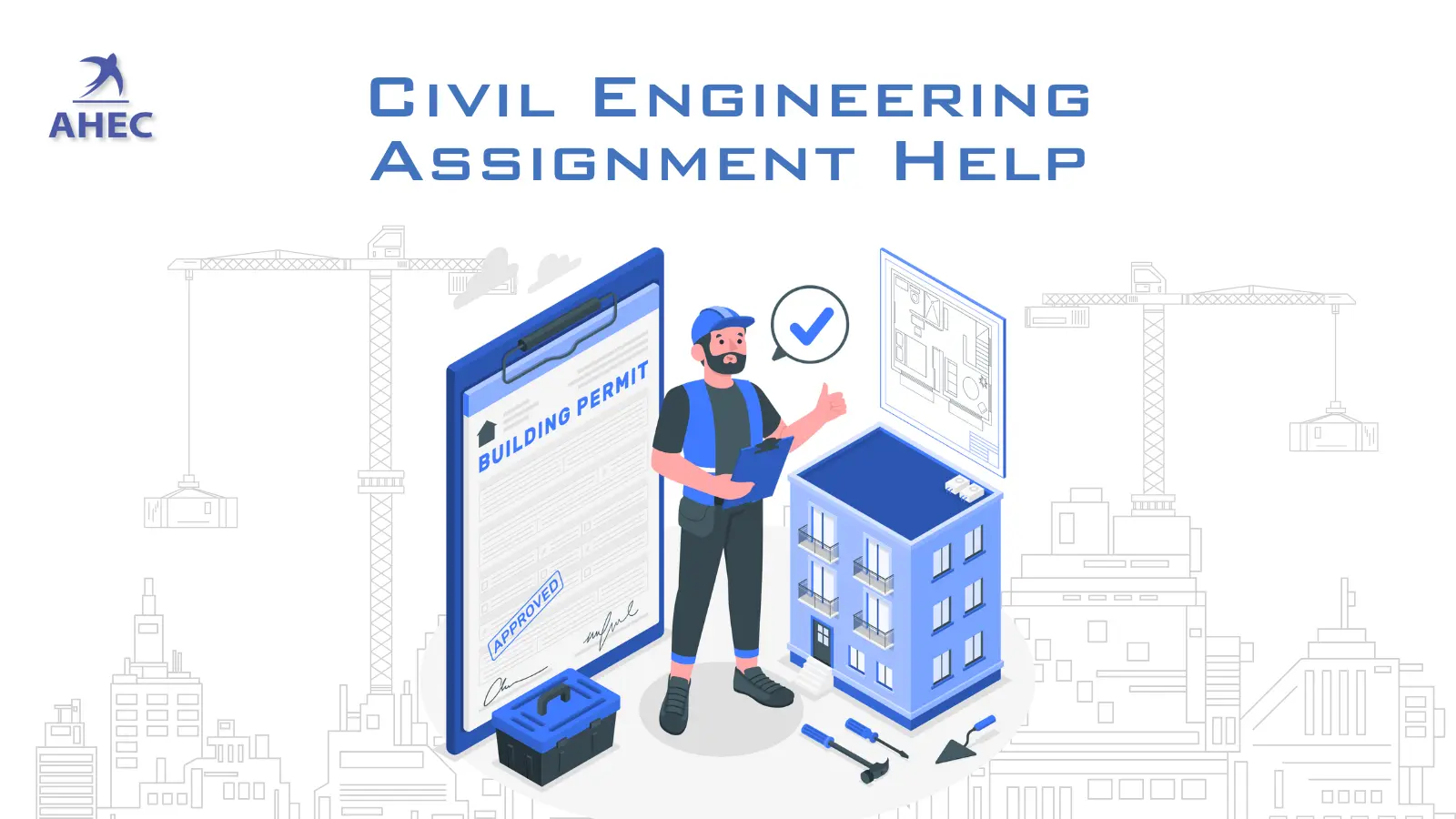Finding a good job in Australia is not difficult if you know the best approach to take and have the necessary knowledge and preparation. With its highly regarded educational institutions and universities, welcoming immigration policies, and enviable economy, Australia attracts young professionals and students.
Australia is one of the most sought-after places for Indian students to pursue their academic interests abroad. The main factor explaining why Indian students and future professionals move to Australia is the abundance of jobs in these fields there.
High-Paying Jobs in Australia with a Minimum Wage
There are a variety of jobs available across Australia for Indian students with excellent minimum wages. If you're seeking the perfect job in Australia Here are a few areas that are popular with people looking to work:
- Registered nurses
- Secondary school teacher
- Software and Applications Programmers
- Electricians
- Construction Managers
- Carpenters
- Motor Mechanics
- University Lecturers and Tutors
- Solicitors
- Doctors General and Resident Medical Officers
- Accountants
From July 1st 2022 The minimum salary in Australia will be $21.38 per hour, or $812.44 per week of 38 hours.
How to Find Jobs in Australia?
There are a variety of aspects you must be aware of if you are seeking Australian employment opportunities. It is important to know about the work visas for temporary workers (skilled) visa (subclass 457) and the skilled Independent visa (subclass 189) are both crucial. The former permits workers to work in Australia in a job that is approved from the company sponsoring the visa for a time that is up to four years, provided the sponsor is an authorized business. The second (subclass 189) is valid for skilled workers that aren't sponsored by family members or employers, or appointed by a state or territory government.
There are also jobs in local and national papers like the Telegraph, Financial Review, and the Sydney Morning Herald. It is essential to have an identification number on your tax return for being employed in Australia. There are jobs advertised for different posts in the media and on internet portals. A cover and resume are required when applying for positions here. Interviews with employers are a crucial aspect of getting a job in Australia. They can be informal and casual conversations to formal meetings with a variety of company professionals and top management officials.
Top Recruiters in Australia
There are a variety of companies in Australia that assist students throughout their internships. They offer opportunities in many industries. Some of the most well-known recruitment agencies include:
- Lloyd Connect Melbourne
- Adecco
- Randstad Australia
- Hudson Recruitment Agency
- Manpower Australia
- Morgan Consulting
Career possibilities in Australia Benefits of working in Australia
While you are searching for the best career options in Australia You will also be able to enjoy the many advantages that come with working in Australia. These include:
1. Recognition of education qualifications
Australian employers provide the proper recognition of work knowledge and experience gained from overseas. Employers accept a variety of technical qualifications and skills.
2. Pension Benefits
The workers who are employed in Australia and who remain here are eligible to pension benefits. You must meet the requirements for residency and age to qualify for this benefit. Anyone working in Australia can benefit from retirement savings accounts referred to by the name Superannuation fund. Employers must adhere to their Choice of Fund regulation enabling employees to pick their preferred pension plan , or automatically enroll employees in an Group Superannuation plan. The minimum requirement for statutory compliance is 9.5 percent with a an average gross quarterly salary of $55 and 275.
3. Holidays and paid time off
All full-time and part-time employees will receive 20 days of paid holiday each year. Employees who work casually aren't covered however. This is on top of all holidays that are national in nature. 8.67 weeks of pay is governed as long service leave , along with annual leave payable after 10-years of experience. The entitlement starts accruing following five years in service. A lot of companies offer paid maternity leave, and there is Government paid paternity leave, too. Sick pay typically ranges between 5 to 10 days on a voluntary basis.
4. Group Insurance
Many of the largest MNCs in various sectors are now offering personal insurance plans, which include the continuation of salary coverage as well as lump sum death and disability insurance.
5. Health insurance
Large companies are now providing subsidized or fully-covered healthcare insurance, particularly in the IT and professional sectors where the salaries are higher.
6. Childcare facilities and flexible working
Many professional firms provide daycare or childcare services and flexible working hours enable families to take care of various working schedules and even do work from home, if needed.
7. High quality of life
Australia has a high standard of living. Australia has an extremely accessible health program and the social assistance system which is extensive. Australia is a multi-faceted, multicultural and cosmopolitan vibe which people enjoy greatly. The cool climate, fresh air, clean environment and the natural beauty all contribute to making Australia an ideal spot to live in.
8. Opportunities to study higher
If you are looking to improve your academic qualifications, Australia offers 20,000+ classes and more than 1 200 schools of higher education.
9. Social Security Benefits
A large portion of these benefits are based on age pension for those who are 65 years old or older, payments and disability allowance, career compensation disability support pension allowance to start a new job for job seeking applicants, income support the pharmaceutical allowance, and a special benefit.
10. Minimum Wages
The minimum wage is AUD 1,605. This is the pay of AUD 1,605 in Australia for full-time workers, or around $1,087 USD. The minimum wage for all workers in Australia is slightly less than 19 AUD per hour, or $13 USD. The median annual salary is 91,550 AUD which includes bonuses and perks.
11. Flexible Working Hours
At certain companies the working hours can be as little to 38.5 minutes per week. Work schedules can be flexible in a variety of firms as well.
How do I get a job in Australia While studying?
Finding a job in Australia while you are pursuing your education will allow you to earn enough to pay tuition fees and living expenses for the month, as well as gain experience in the workplace and transferable skills at the same time. You'll have a start, specifically in securing your next job following the completion of your studies. In addition, you'll have the opportunity to build an extremely valuable networks of contacts from professional as well as colleagues, as well as gain valuable insight into the society and communities in Australia. However, living in Australia during your studies can present difficulties too.
Before you apply to jobs throughout your time of study, first confirm that you are qualified to be employed in Australia. It is possible to work if you are an Subclass 500 Student Visa along with the work permit. If you're taking an academic program that is full-time at the bachelor's level or greater and want to earn a higher income or have funds to cover the costs of your studies. If so it is important to know that working is a prerequisite for a variety of courses and is an essential aspect of the course's evaluation and completion. Check the visa details and conditions online through VEVO (Visa Entitlement and Verification Online). The conditions recommended by your university for your work during your course must be reviewed prior to searching for work.
Study Work Regulations in Australia
Students from other countries can spend 40 hours every two weeks (Monday through Sunday) during their studies and can work as long as they want during holiday periods, i.e. Summer, Christmas, and Easter. Students may volunteer to work longer than 40 hours provided these conditions are met.
- Your education shouldn't be affected by the work.
- It isn't possible to take on the job of an Australian citizen. Australia.
- You are employed by an non-profit organisation and do not get cash-based emoluments in exchange for this.
Important Documents
Here are some of the most important documents needed for job applications in Australia
- The TFN (Tax File Number) from the Australia Tax Office to allow you to work in Australia the opening of a bank account and many other purposes.
- Tax refunds are earned by making tax-related returns. It is recommended to file tax returns with a TFN linkage.
- Online applications are accepted to apply for TFN when you hold the Subclass 500 student visa with work rights that are completely valid.
- You'll require an Subclass 485 Temporary Graduate Visa, which allows you to gain experience working within Australia in up to 18-months, or up to 24 months, contingent on the requirements. Select any kind of work and an amount of time to work with.
- You should not be older than 50 years old to qualify for this visa. You should also have this Subclass 500 visa for students for the past 6 months, have completed recently for a CRICOS-registered class or applied for it during your time in Australia and must be in compliance with all regulations and compulsory guidelines for studying in Australia. It is recommended that you be insured for health, have a character certification as well as English proficiency.
- There are two tracks that are available for Subclass 485 temporary graduate visas. the Graduate Work Stream as well as Post-Study Stream. However, international students with an enrollment for English-Intensive Language Courses for International Students (ELICOS) classes may not be eligible for the latter.
- You will require evidence of the legal right to work in Australia. It could be the visaor Australia as well as New Zealand passport, proof of permanent residence or permanent resident status. Australian birth certificates or a proof that proves Australian citizenship.
Industries that are growing and decreasing Demand in Australia
There's no doubt that the employment landscape has rapidly changed. While certain sectors are cutting off employees, others are flourishing by introducing new opportunities.
Some sectors that are growing with opportunities include the fields of education, health, construction as well as scientific and technical.
The most declining industries in Australia include building wind farms refining petroleum and manufacturing and air freight, along with cereal grain wholesale.
What is the average salary in Australia?
From July 1 2022 Australia's minimum wages for Australia will be $21.38 per hour which is $812.44 per week of 38 hours according to the Fair Work Act 2009.
Programmes in Australia that can advance your career
There are many programs available in Australia which can help you advance your career. The most popular programs are Earth science, Biomedical Engineering, Business Management, Business Administration, Computer Application, and Computer Science as well as IT (Information Technologies), Core Engineering, Psychology, Tourism and Hospitality Management as well as Medicine (Specialist) as well as Business (Data) Analytics among others. There are many new courses that can help you realize your dream of studying at the top Australian universities while reducing your tuition and living expenses.


















